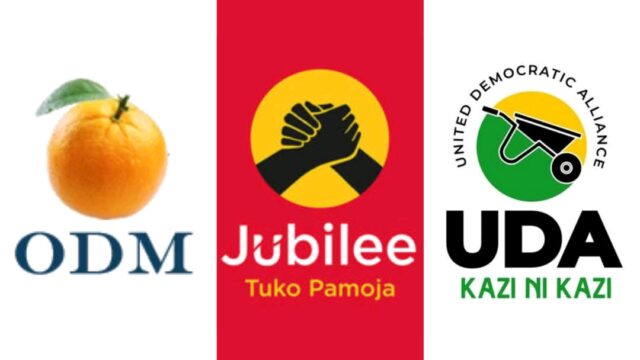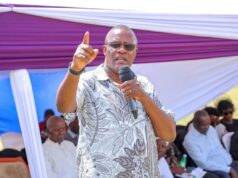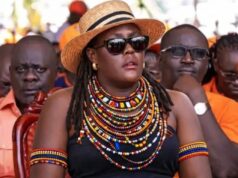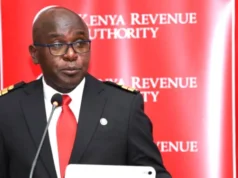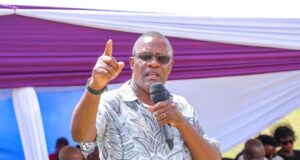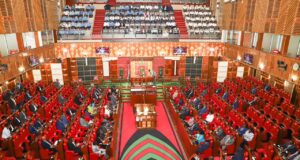Political parties in Kenya have never grown into true institutions. They are personality driven outfits that live and die with their figureheads. Without a strong personality at the helm, most parties quickly collapse or remain as briefcase entities with no national presence or vision.
ODM exists because of Raila Odinga, UDA exists because of William Ruto, Wiper is sustained by Kalonzo Musyoka, DAP K is tied to Eugene Wamalwa, DCP belongs to Rigathi Gachagua, Jubilee is associated with Uhuru Kenyatta and Ford Kenya has always been the political vehicle of Moses Wetangula.
The list goes on, and in every case, the party has an owner. This is the reality of our politics. Which then raises the question, why should the taxpayer fund individuals rather than institutions?
The Political Parties Fund was created to strengthen democracy and institutionalize politics, but what it has done in practice is entrench bad habits. It has allowed leaders to run private clubs with public money.
The fund has encouraged tokenism and patronage because the larger parties receive the lion’s share of the allocations, leaving smaller players to wither.
If we must fund parties at all, then every registered political party should be treated as an equal player and given an equal share. That is the only fair way to approach political financing. Anything else simply reinforces monopoly and breeds arrogance.
But funding alone cannot fix the rot. What political parties lack most is discipline, competence and professionalism. Party officials, from the county to the national level, should be required to undergo continuous Public Service and Governance Training Programs offered by the Kenya School of Government.
This should be a prerequisite for anyone who wishes to hold an official position in a political party. At the moment, we often see incompetent individuals elevated into politics and then recycled into public service without preparation.
The civil service then becomes the casualty, carrying the burden of poor leadership and lack of governance skills. If instead we took our brightest minds into politics and trained them in governance and public service, the quality of leadership in the country would improve drastically.
Another key reform would be the creation of an annual weeklong Party Leaders Forum where every political party leader and their top four officials must attend. This forum would help shape a common agenda on how political parties can manage public affairs responsibly.
It would allow parties to build consensus, create shared values, and adopt national priorities rather than simply chasing personal or tribal ambitions. Such a forum would also serve as a platform to measure commitment to democratic growth and to hold leaders accountable for the promises they make.
Kenya cannot continue feeding political fiefdoms with taxpayer resources. The Political Parties Fund as it exists today has failed its mission. It has entrenched a culture of dependency, selfishness and impunity in our politics.
If parties are unwilling to reform into genuine institutions that serve the people, then the fund should be abolished altogether. Our democracy will only mature when political parties are forced to stand on their own strength, guided by ideology, leadership training and accountability.
The country deserves better than parties that are nothing more than private enterprises bankrolled by public money.
If we are serious about changing Kenya, then we must begin here. Political parties must professionalize, institutionalize and commit to serving the public. Without this, they will remain the weakest link in our democracy. Ending the Political Parties Fund would be the first bold step in forcing that change.


